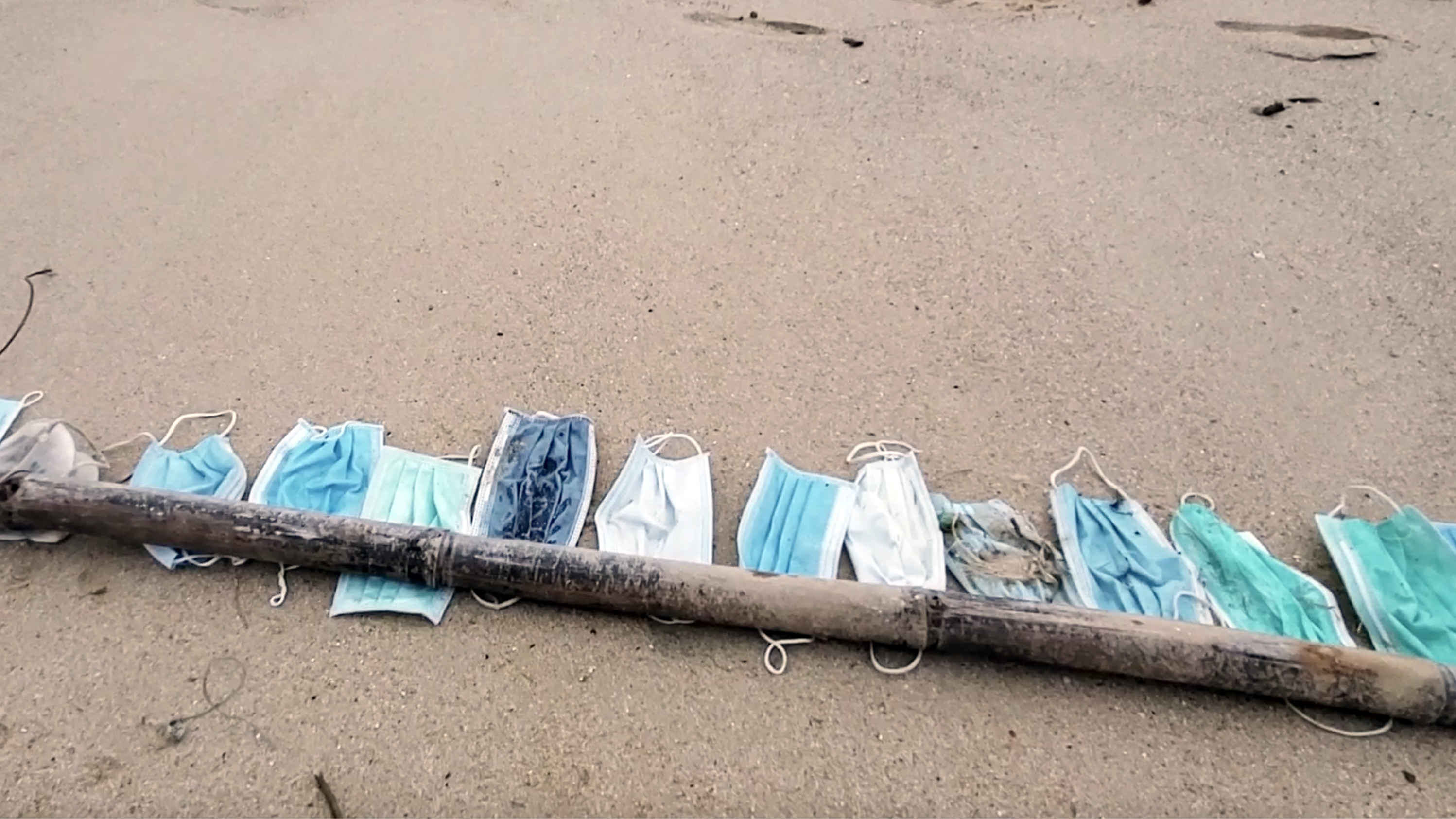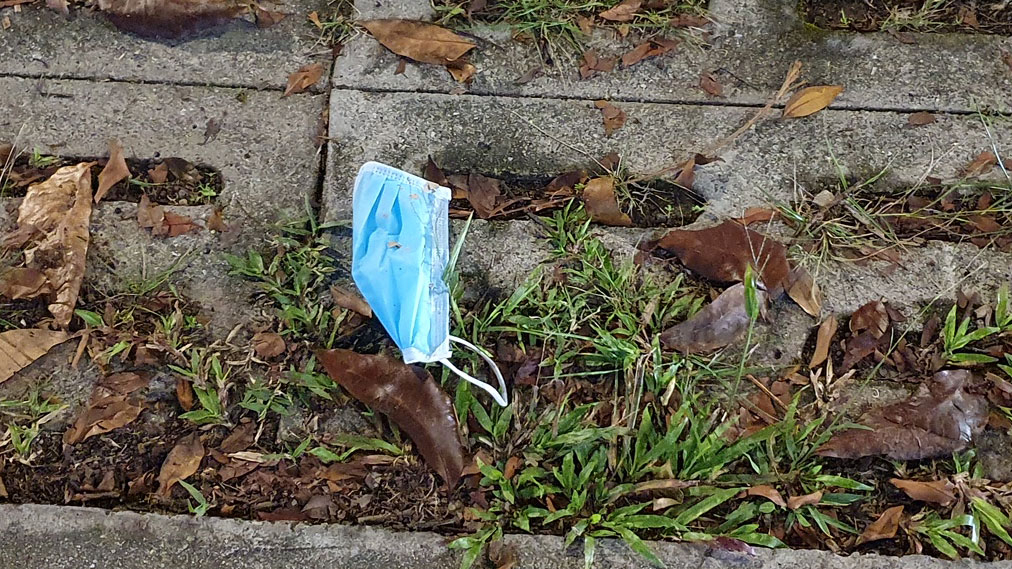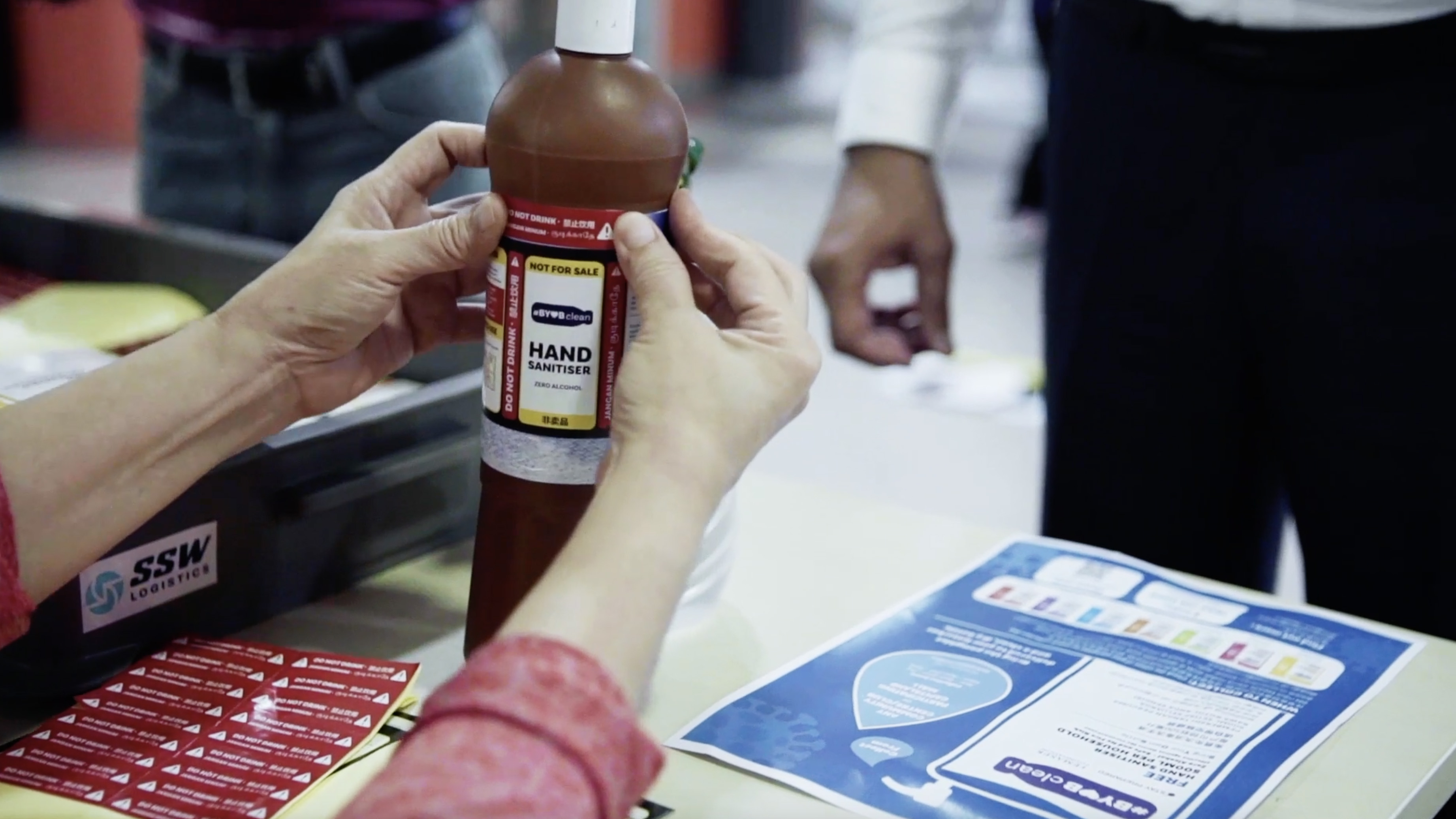00:38

Lockdowns, restrictions on travel, and a fall in industrial production due to the COVID-19 outbreak, has slashed air pollution levels across the globe. Social media is abuzz with pictures of clean skies and green landscapes - which almost seemed unimaginable even till six months ago.
But hidden between those pictures are social media posts about littered masks, gloves and other personal protection gear, dumped on sidewalks, outside grocery stores and near water bodies by the general public.
One of the biggest necessities in the fight against COVID-19 has been Personal Protective Equipment (PPE) - not just for the healthcare workers but also ordinary people at large. Unfortunately, the unprecedented use of PPEs - most of which contain certain plastic material, is setting the stage for a global plastic waste management crisis.
"We do have a global crisis, on a waste management level. I would call these plastics that are currently being used extensively, as 'pandemic plastics'. So, be it masks, be it 100 ml, 50 ml sanitizers or water bottles," said Aarti Giri, founder of Singapore-based non-profit group, Plastic-Lite, adding, "Many Asian countries with poorer waste management infrastructure are going to find it really, really challenging, as there is a lot of littering happening in a lot of Asian countries and it could spread the contagion further."
If not disposed of correctly, used protection gear could be infected, and therefore, could in turn contaminate any surface it comes in contact with.
"One of the things with these masks is the hygiene issue themselves. Obviously, a bottle thrown in the ocean is one thing, but these are hazardous materials which are biological. In hospitals, they would just incinerate everything that's medical waste," explains Gary Stokes, founder and operations director of OceansAsia.
The environmental group recently conducted a survey of Soko Islands, a small cluster of islands in the Hong Kong region, where they found an astonishing number of surgical masks washed up on the beaches - which are toxic for marine life.
"We're talking about human life, which is obviously very important. But the fact that we could also be killing off marine wildlife, dolphins, whales, turtles, they all end up, you know, eating anything that is floating in the ocean, they mistake them for food," warned Stokes.

A disposed mask on a sidewalk in Singapore. /CGTN
A disposed mask on a sidewalk in Singapore. /CGTN
The International Solid Waste Association (ISWA) is a not-for-profit organization that is working towards developing and promoting an effective and sustainable waste management framework across the globe.
While speaking to CGTN, Antonis Mavropoulos, president of ISWA, underscored three crucial trends.
"I think the first thing we have to conclude is that single-use and easy disposability has become a massive trend again in this period, probably in a way, cancelling efforts of many years to reduce single-use packaging."
Secondly, "Masks, gloves, glasses and stuff like these, I think we have to recognize that 99.9 percent of these protective equipment are not suitable to be recycled."
"PPEs should be disposed of with normal waste and treated with normal waste, either disposed of in sanitary landfills or even better, incinerated in waste-to-energy plants to make sure that all infectious agents are removed and there is no further risk for infection," he added.
And finally, that "recycling wherever possible has become a huge challenge" as a lot of "recycling facilities and programs have been shut due to the pandemic."
Mavropoulos therefore called on the attention of all regional and global governments to consider waste management as an essential service and a crucial tool in the fight against COVID-19.
"First, we ask countries to make sure that waste management services, including recycling, treatment and disposal, will not be disrupted. Second, we ask all the authorities to take extra measures to make sure that waste management workers will be protected. Third, we consider that recycling activities should be readjusted to avoid cross-contamination and infections," he added.
From the general public, ISWA urged people to try and minimize waste as much as possible and recycle wherever they can.
00:40

Reducing waste generation was one of the key focus areas behind the Temasek Foundation's BYOB clean initiative. The philanthropic arm of Temasek holdings organized a sanitizer distribution drive in Singapore - where nearly 600,000 people collected 500 ml of sanitizer for free.
The only catch - they would have to bring their own, self-sanitized bottle for collection.
"In giving out free hand sanitizer to 1.5 million households in Singapore, we really do not want to create an additional 1.5 million worth of new plastic bottles," explains Ng Boon Heong, the chief executive of the Temasek Foundation.
"Besides encouraging people to be personally responsible for their own clean bottle, we were able to mobilize more than 20,000 volunteers from government, businesses and civil society to come together and step forward for the common good," he added.